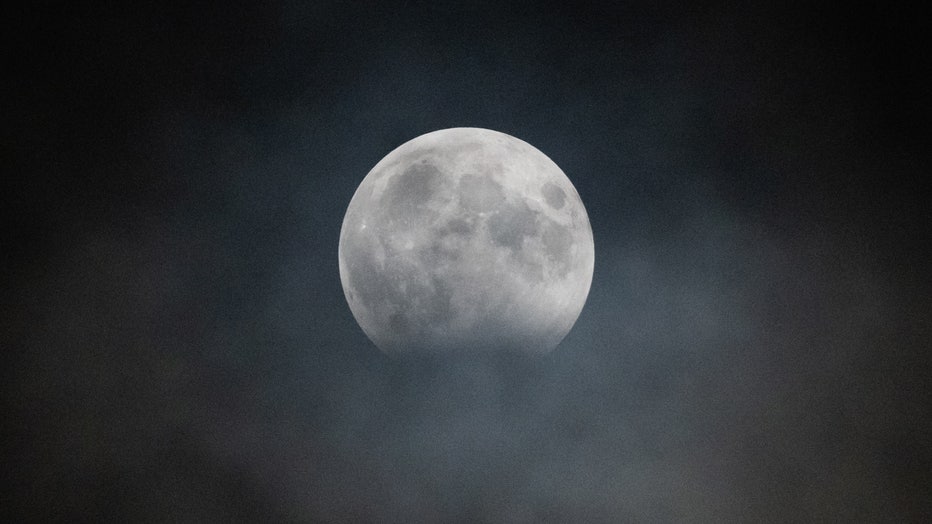Why the moon may be getting its own time zone, sort of

NASA ordered to give moon its own 'time zone'
The Biden administration has given the space agency until the end of 2026 to hammer out a new "time zone" specific to the moon. LiveNOW from FOX's Josh Breslow spoke with Professor Catherine Heymans, Scotland's Astronomer Royal about the reasons behind this.
The White House has instructed NASA and other U.S. agencies to work on a new time zone – sort of – that will give the moon its own clock.
It's not quite a time zone like those on Earth, but an entire frame of time reference for the moon. Because there's less gravity on the moon, time there moves a tad quicker — 58.7 microseconds every day — compared to Earth.
But those microseconds add up: If you took an atomic clock from Earth, placed it on the moon and waited 50 years, the clock would be running one second faster than the clocks on Earth.

Micromoon vs. Supermoon: Stunning video compares the two
Filmed from the mountains of Colorado, a videographer shows the difference between micromoon and supermoon events.
"So it’s a very small difference, but it’s a really important difference, because I don’t think we realize quite how much accurate time impacts on our life," Catherine Heymans, a British astrophysicist and Scotland’s Astronomer Royal, said in an interview with LiveNow from FOX. "It’s really strange for us on Earth to think that time might run differently elsewhere."
Heymans said things like navigation rely on time to make all kinds of measurements and then determine the best way to get to grandma’s house. It’s also integral for financial transactions and a host of other things in everyday life.
Why is time so important on the moon? NASA is aiming to send astronauts around the moon in September 2025 and land people there a year later. The last time NASA sent astronauts to the moon they wore watches, but timing wasn't as precise and critical as it is now.

NASA and other US agencies are working to get the moon its own clock (Photo by Christophe Gateau/picture alliance via Getty Images)
The White House wants NASA to come up with a preliminary idea by the end of the year and have a final plan by the end of 2026.
"The fact that time runs differently is going to be a problem if we have astronauts living there," Heymans said.
RELATED: Rare star explosion could be ‘once-in-a-lifetime viewing opportunity’
The International Space Station, being in low Earth orbit, will continue to use coordinated universal time or UTC. But just where the new space time kicks in is something that NASA has to figure out. Even Earth's time speeds up and slows down, requiring leap seconds.
As for whether those astronauts will have to change their clocks twice each year for daylight saving time, that privilege will remain reserved for us on Earth. There will be no daylight saving time on moon time.
The Associated Press contributed to this report.

